Proteases
Proteases, also known as peptidases or proteolytic enzymes, consists of a large number of enzymes catalyzing the hydrolysis of peptide bonds and subsequently resulting in the degradation of protein substrates into amino acids. Proteases are involved in a wide range of human diseases, including cancer, neurodegenerative disorders, inflammatory diseases and cardiovascular diseases. Thus numerous proteases inhibitors (small molecules and proteins) have been identified to block activity of proteases. Proteases inhibitors can be classified into different types based on the class of proteases they inhibit through two general mechanisms, irreversible “trapping” reactions and reversible tight-binding reactions. Proteases inhibitors have been used as diagnostic or therapeutic agents for the treatment of proteases-related diseases.
-
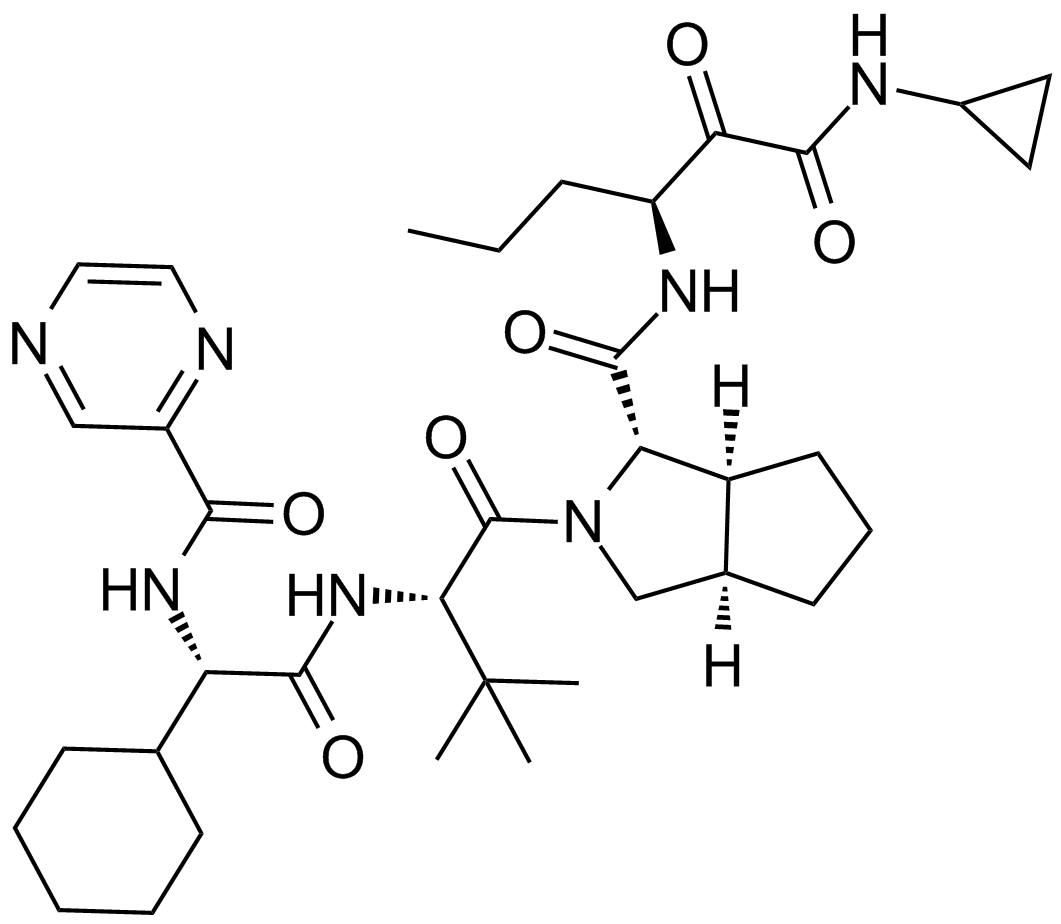 A4031 Telaprevir (VX-950)1 CitationTarget: HCV NS3-4A proteaseSummary: HCV NS3-4A protease inhibitor
A4031 Telaprevir (VX-950)1 CitationTarget: HCV NS3-4A proteaseSummary: HCV NS3-4A protease inhibitor -
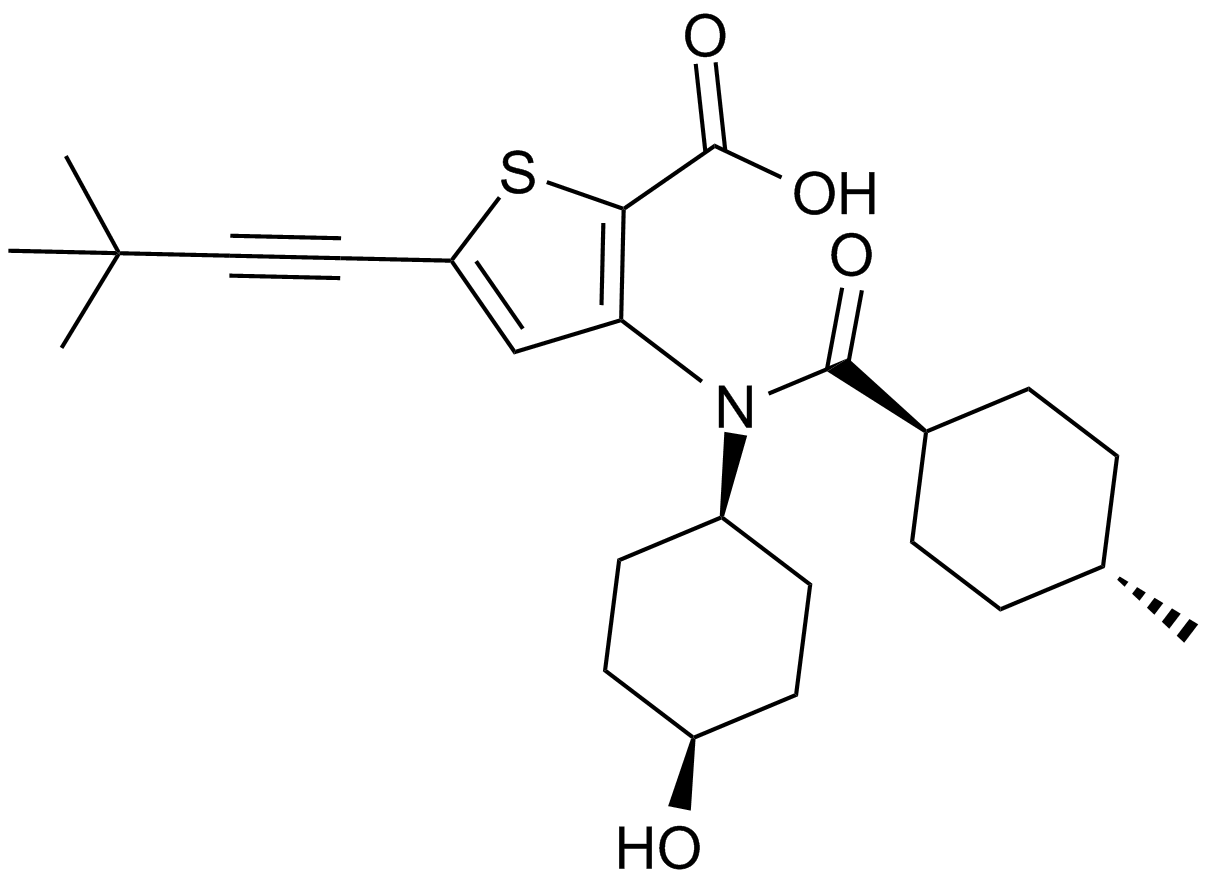 A4032 VX-222 (VCH-222, Lomibuvir)Target: HCV polymeraseSummary: NNI of HCV RNA polymerase
A4032 VX-222 (VCH-222, Lomibuvir)Target: HCV polymeraseSummary: NNI of HCV RNA polymerase -
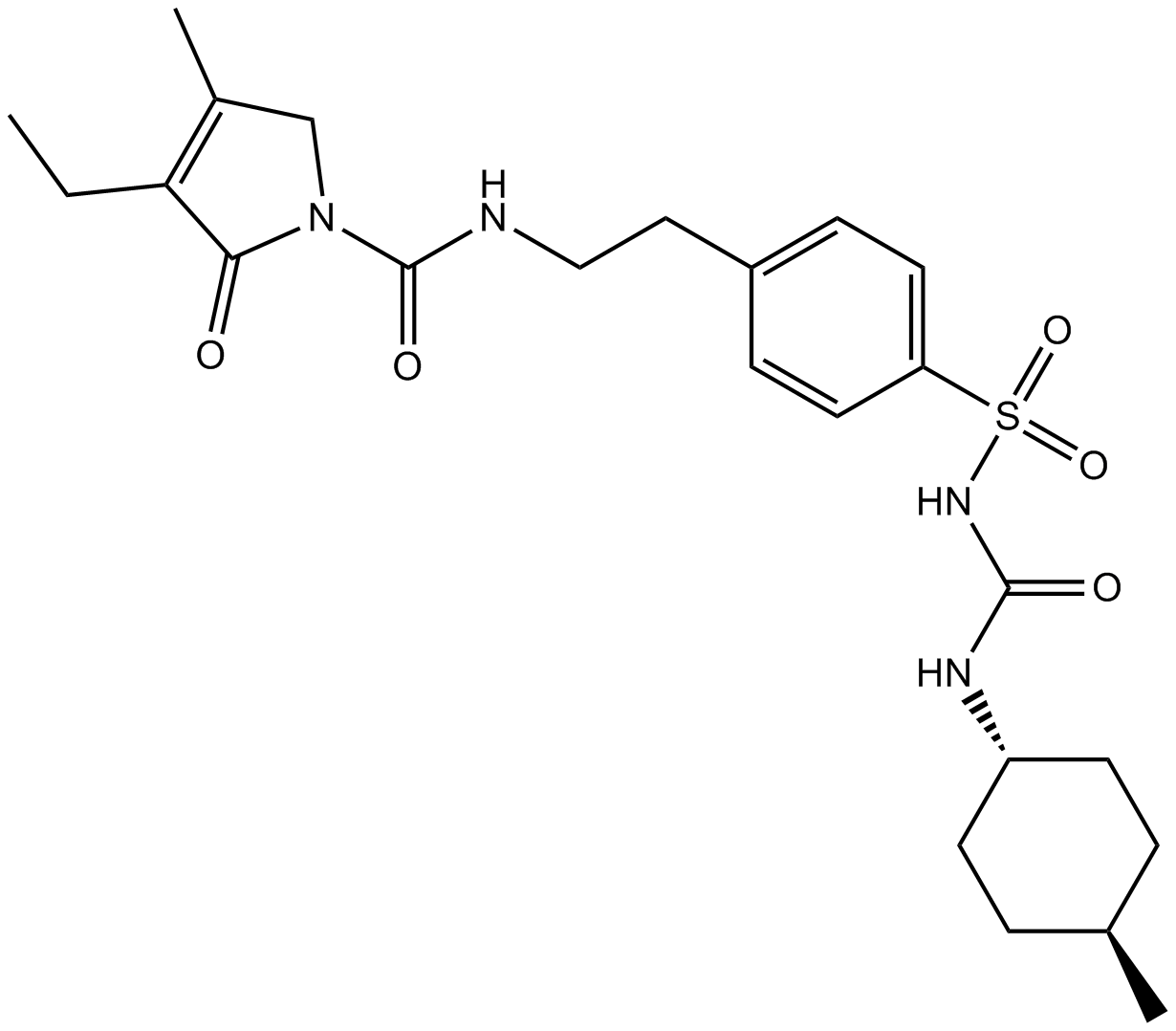 A4033 GlimepirideTarget: Inward Rectifier Potassium (Kir) ChannelsSummary: Sulfonylurea compound
A4033 GlimepirideTarget: Inward Rectifier Potassium (Kir) ChannelsSummary: Sulfonylurea compound -
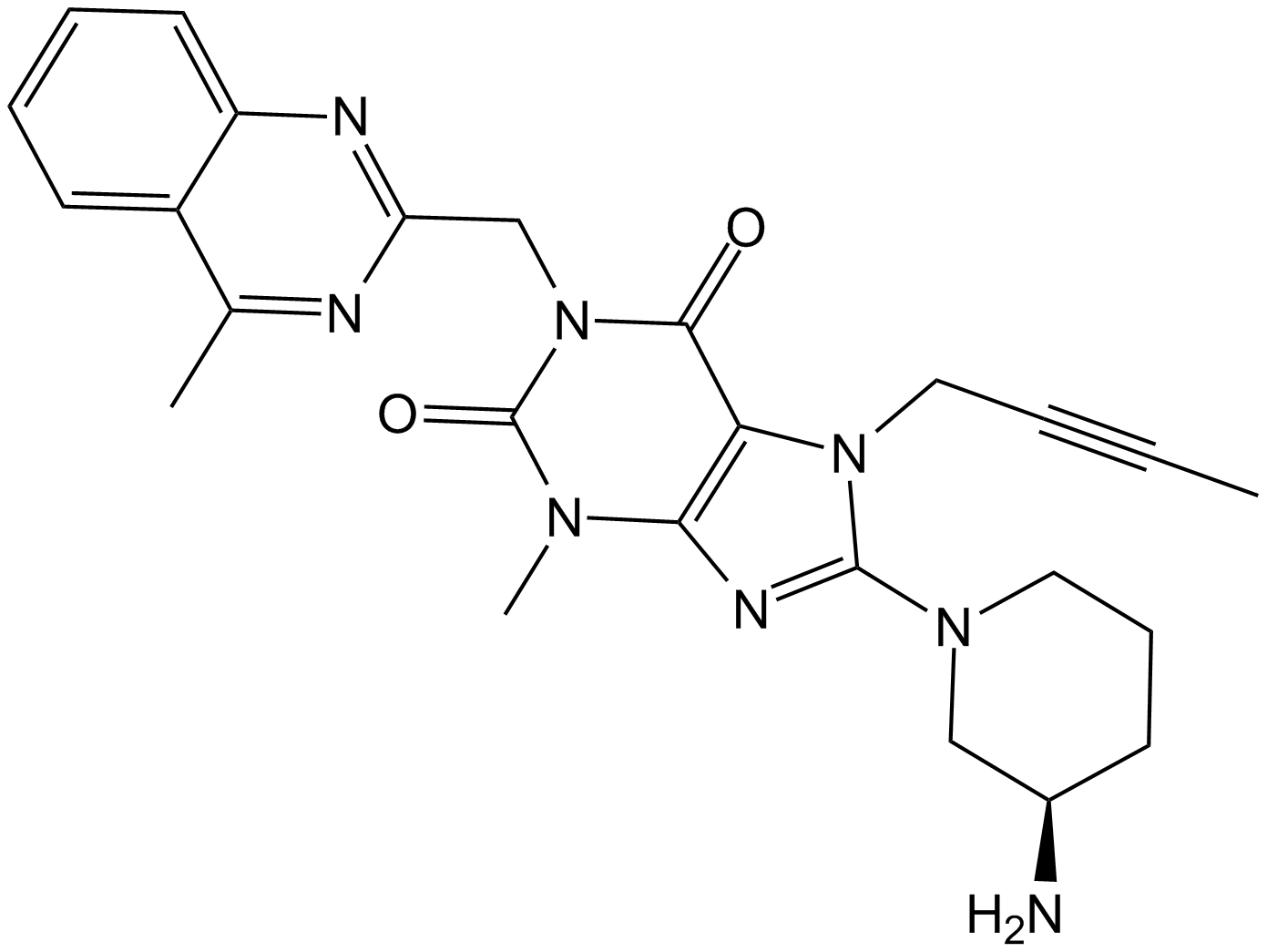 A4034 Linagliptin (BI-1356)Summary: DDP-4 inhibitor,highly potent and competitive
A4034 Linagliptin (BI-1356)Summary: DDP-4 inhibitor,highly potent and competitive -
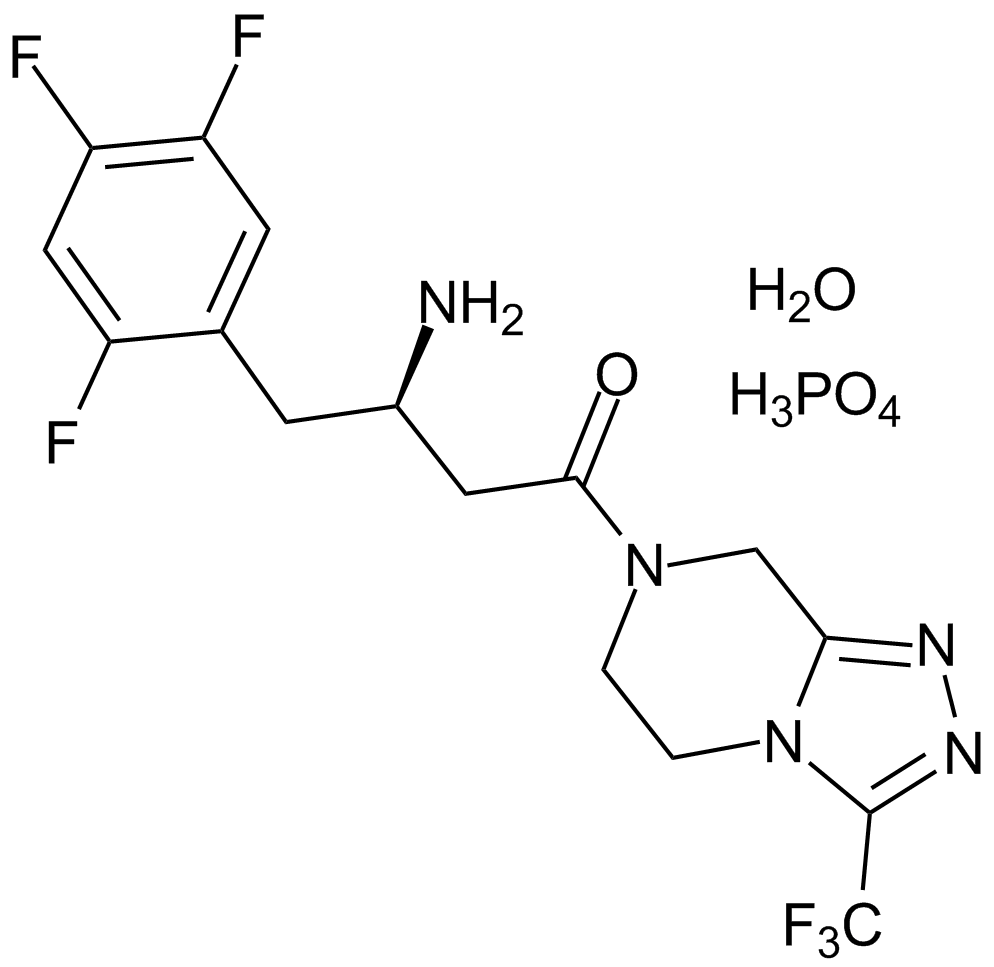 A4036 Sitagliptin phosphate monohydrate5 CitationTarget: DPP-4Summary: Potent DPP-4 inhibitor
A4036 Sitagliptin phosphate monohydrate5 CitationTarget: DPP-4Summary: Potent DPP-4 inhibitor -
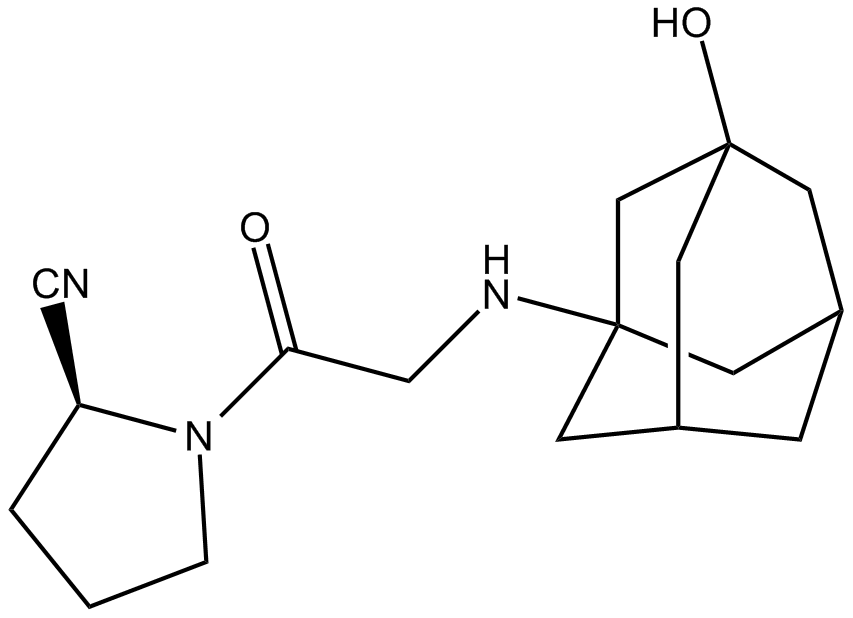 A4037 Vildagliptin (LAF-237)Summary: DPP-4 inhibitor
A4037 Vildagliptin (LAF-237)Summary: DPP-4 inhibitor -
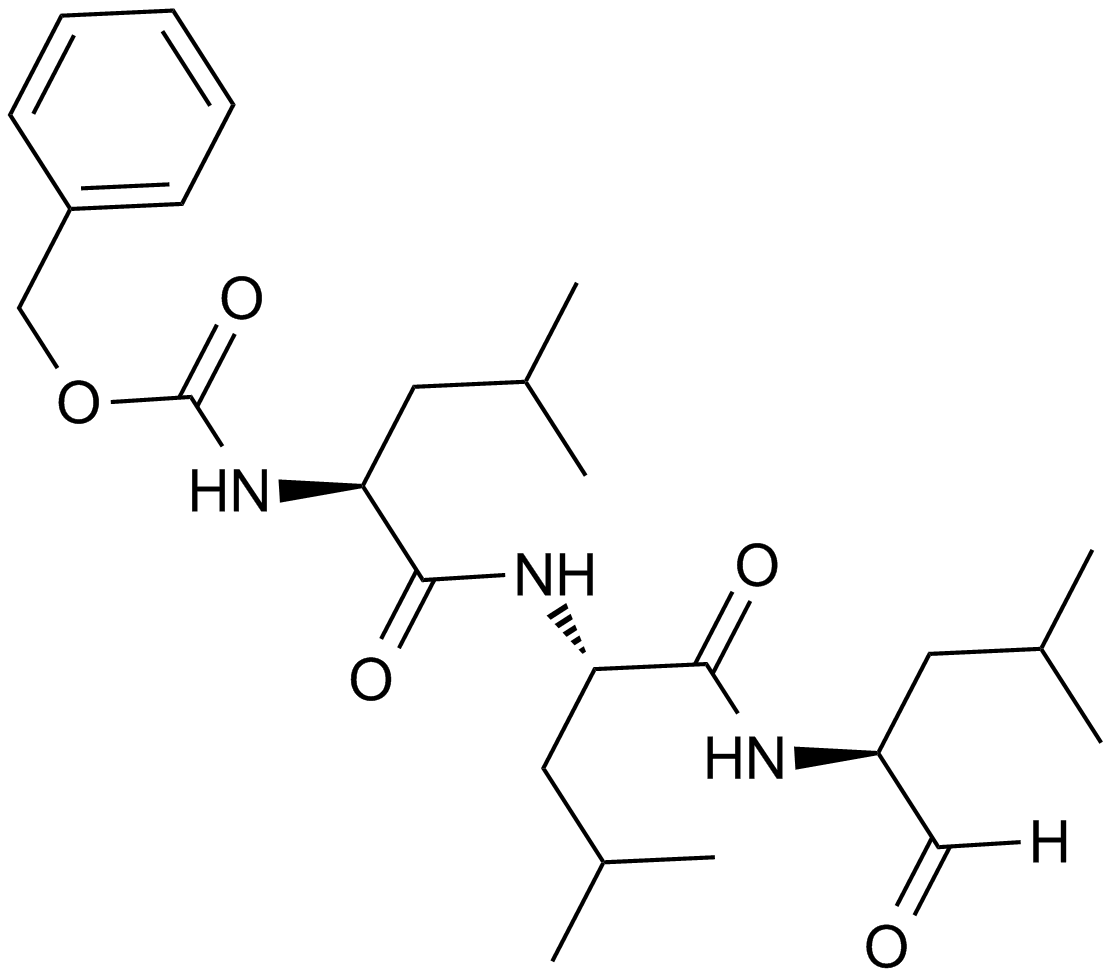 A2585 MG-132121 CitationTarget: ProteasomeSummary: proteasome inhibitor
A2585 MG-132121 CitationTarget: ProteasomeSummary: proteasome inhibitor -
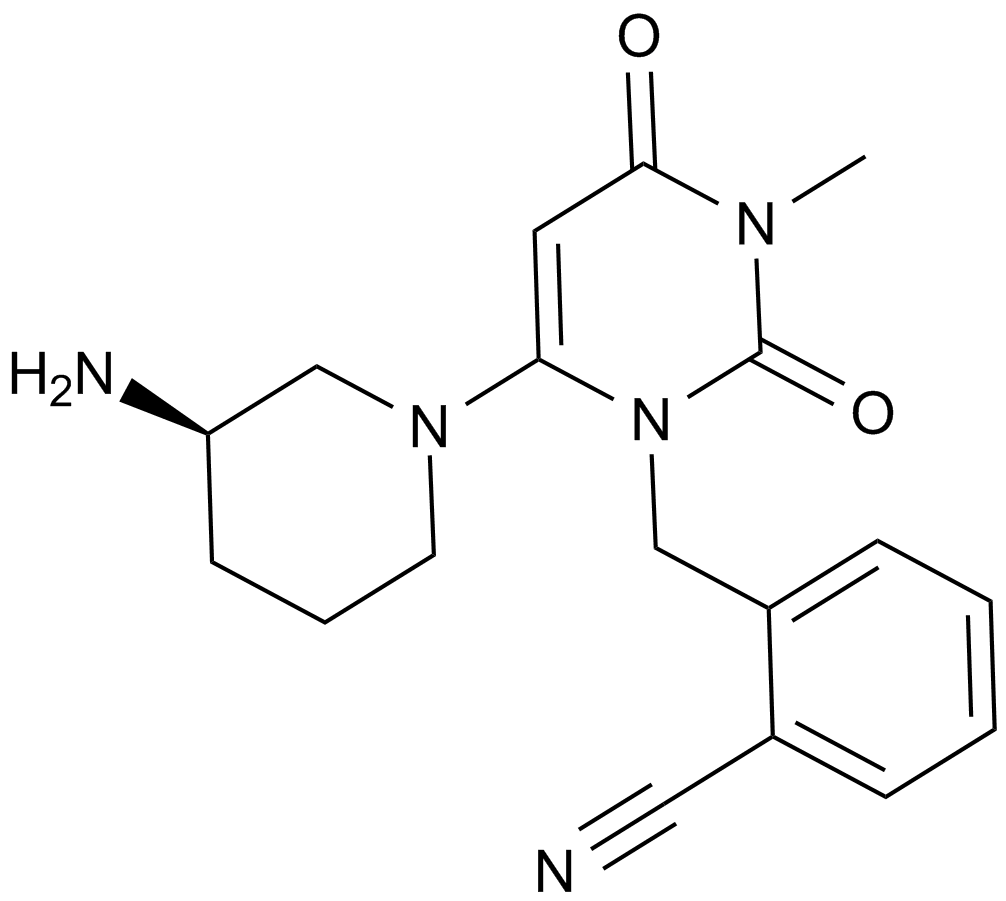 A4038 Alogliptin (SYR-322)1 CitationTarget: DPP-4Summary: DPP-4 inhibitor,potent and highly selective
A4038 Alogliptin (SYR-322)1 CitationTarget: DPP-4Summary: DPP-4 inhibitor,potent and highly selective -
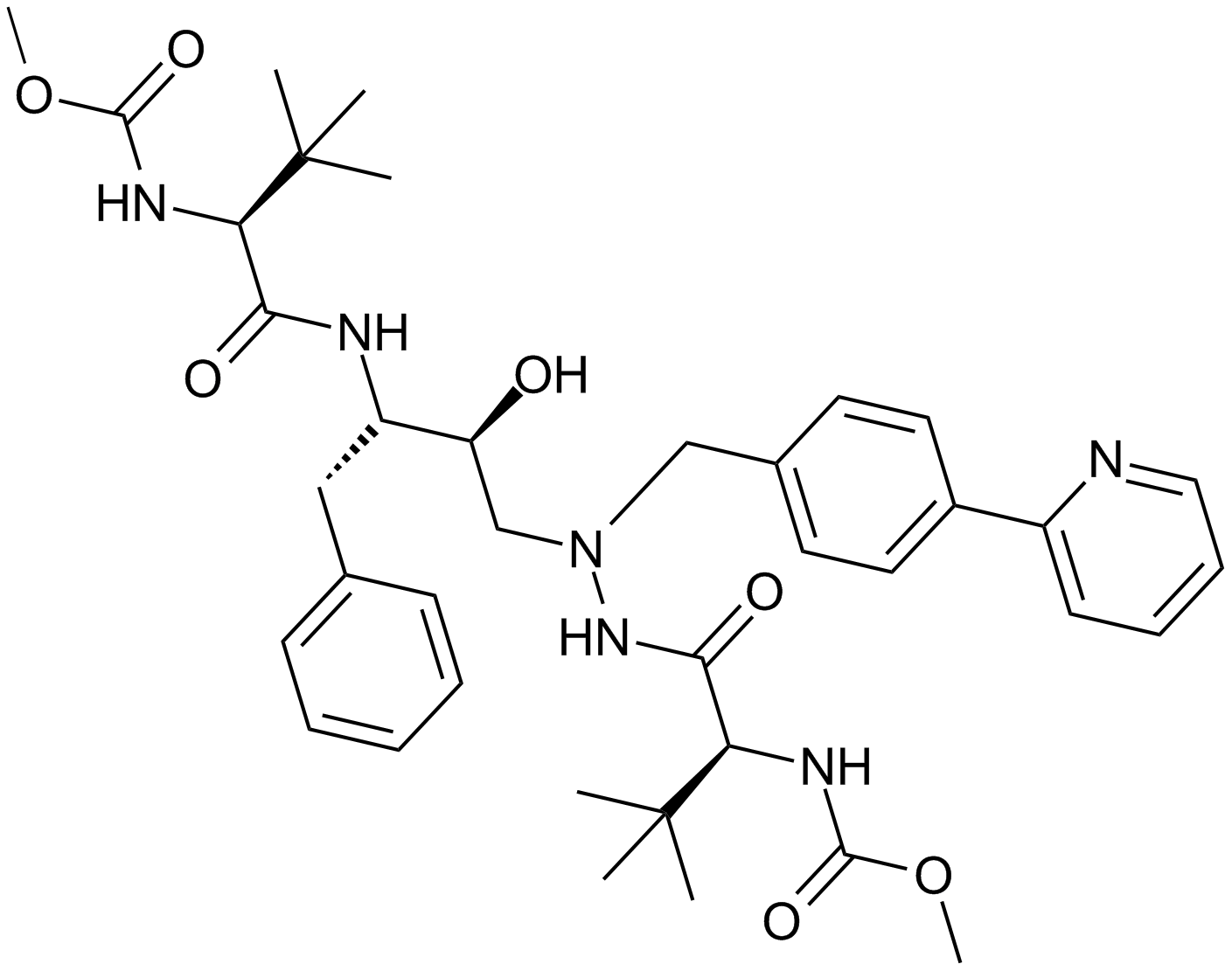 A8205 Atazanavir1 CitationSummary: HIV protease inhibitor,highly potent
A8205 Atazanavir1 CitationSummary: HIV protease inhibitor,highly potent -
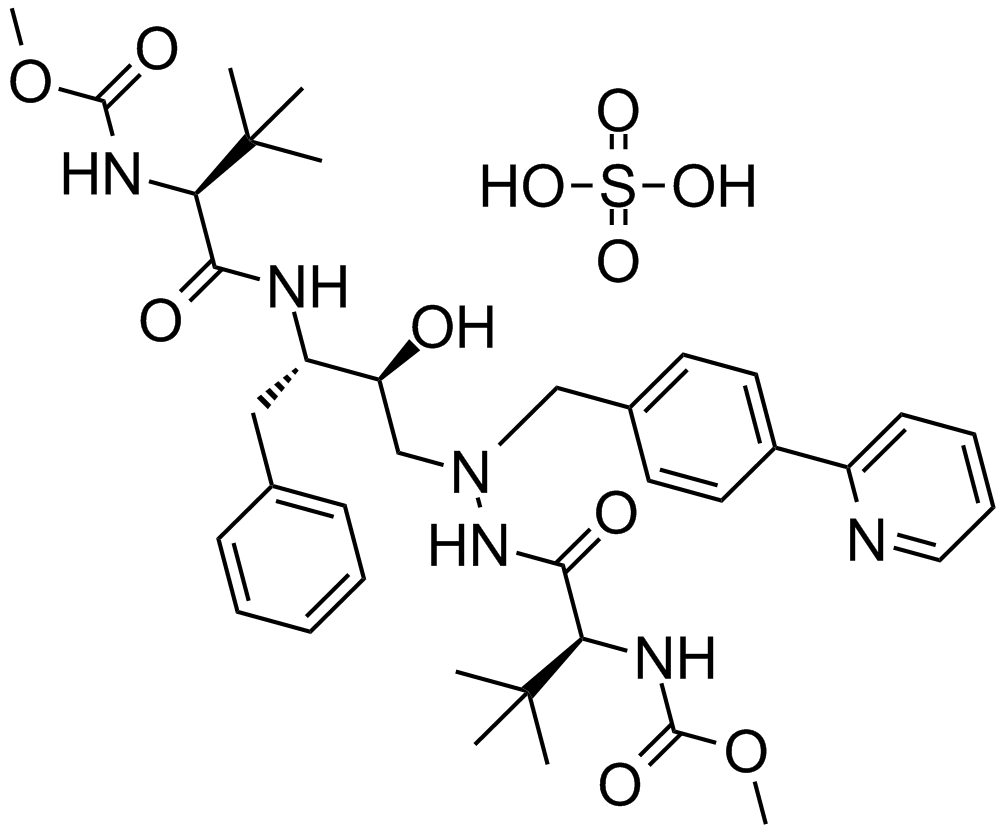 A4040 Atazanavir sulfate (BMS-232632-05)Summary: Protease inhibitor
A4040 Atazanavir sulfate (BMS-232632-05)Summary: Protease inhibitor

